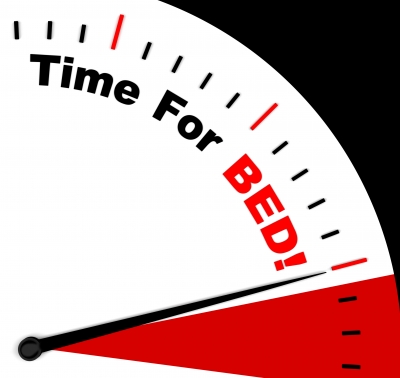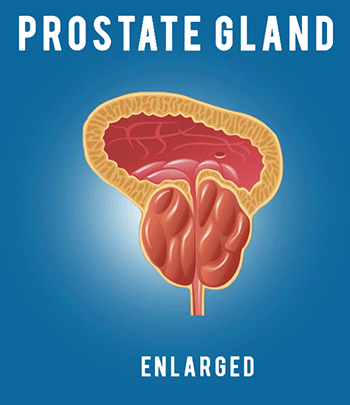How to Beat Insomnia During Summer?
How to Beat Insomnia During Summer?

Image courtesy of Stuart Miles at FreeDigitalPhotos.net
For many people, summer is a challenging period for a good sleep. Higher temperature and longer periods of daily light can significantly disturb sleeping patterns. For that reason, experts suggest several methods that can help us beat insomnia during summer. They suggest maintaining a good sleeping routine every day, no matter whether we can immediately fall asleep or not. According to them, it is essential to decrease the light in our bedroom one or two hours before we go to bed. Light is necessary for our circadian rhythm and our biological clock early in the morning and throughout a day. But, in the evening, intense light can prevent our body to secrete the hormones necessary for our sleeping mod. They also recommend not using gadgets, at least one hour before sleeping. Namely, computers, laptops, and other electronic gadgets affect negatively our natural ability to feel sleepy. They keep us awake. Experts also warn us not to think about work problems and try hard to solve a difficult issue late in the evening. Instead, we may meditate, read our favorite novel, drink tea, or listen to relaxing music. Whatever can help us feel relaxed is welcome. However, the most important thing in this process is to stick to a regular schedule. It shows as the most efficient way that beat insomnia. A body like routine and schedule. And when we struggle with a lack of sleep, we actually try to change a bad habit. To do so, we can succeed if we manage to establish a good sleeping habit. But, like any other good habit, it needs time. To find out more on how to beat insomnia during summer, the article “Helpful Tips for Sleeping Better This Summer” gives us the following tips.
How to Beat Insomnia During Summer?
Create a sleep sanctuary. This means removing items associated with entertainment, recreation, work and hobbies, and turning your bedroom into a single-purpose space—one for sleeping. Of utmost importance: Make sure your bedroom is cool, dark and quiet. These three factors can have a major impact on your sleep.
In regards to temperature, studies show that the optimal room temperature for sleep is quite cool, between 60 to 68 degrees Fahrenheit, so keep the temperature in your bedroom no higher than 70 degrees.As for light, even the tiniest bit of light in the room can disrupt your internal clock and your pineal gland’s production of melatonin and serotonin, hormones involved in your body’s circadian rhythm of sleep and wakefulness. So close your bedroom door, get rid of night-lights, and most importantly, cover your windows. I recommend using blackout shades or heavy, opaque drapes. Also cover up your clock if it has a lit display. Alternatively, you could wear an eye mask to block out any stray light.
Some people find the sound of white noise or nature sounds, such as the ocean or forest, to be soothing and sleep-promoting. An excellent relaxation/meditation option to listen to before bed is the Insight audio CD. Another favorite is the Sleep Harmony CD, which uses a combination of advanced vibrational technology and guided meditation to help you effortlessly fall into deep delta sleep within minutes. The CD works on the principle of “sleep wave entrainment” to assist your brain in gearing down for sleep.
Exercise to sleep better, but do it early! Exercising for at least 30 minutes per day can improve your sleep, but if you exercise too close to bedtime (generally within the three hours before), it may keep you awake instead.
Party-goers beware: alcohol tends to prevent good sleep… Summertime tends to spark party invitations, but as Rothstein warns, it would be wise to consider how a few drinks will affect your sleep pattern. Although alcohol will make you drowsy, the effect is short lived and you will often wake up several hours later, unable to fall back asleep. Alcohol can also keep you from entering the deeper stages of sleep, where your body does most of its healing.
For some people, scents play an important role. They may use essential oils to alleviate stress and diving deep into sleep. Breathing is another opportunity to relax, relieve stress and take a rest. Even though summer nights may be challenging for sleeping, persistence and willingness can effectively beat insomnia.


